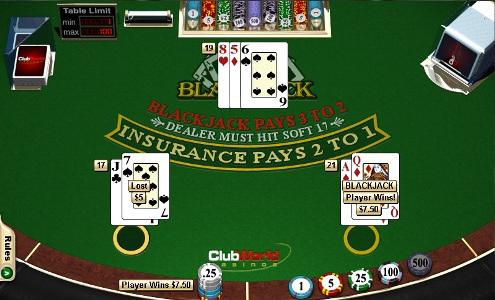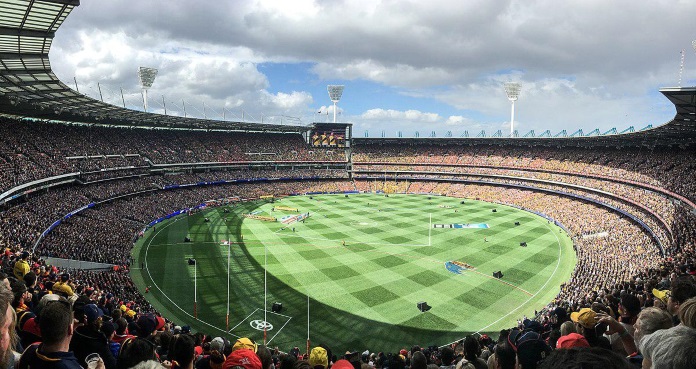
In a way, William Hill are the perfect illustration of the what has gone on in the Australian gambling industry in the last few years. In 2013, the bookmaker placed some hefty bets on Australia, acquiring the likes Sportingbet (for over A$800 million) and Tom Waterhouse. At the same time, Ladbrokes and other big brands were also trying to position themselves in Australia. William Hill spent time building their brand, phasing out names like Tom Waterhouse and replacing it with their own logo.
Today, William Hill is selling up its operations to CrownBet for A$317 million. The regulatory changes in gambling laws were one of the main reasons behind the sale, forcing William Hill to make new assessments about its value and profitability. It all hinges on the Interactive Gambling Act 2016, with the amendments still a hot-button topic in the Australian Parliament today.
Exodus of gambling brands from Australia
The Act has given lots of gambling companies the jitters, with the likes of 888 and PokerStars confirming their exits last year. Part of the problem is that it is difficult to fully understand what it hopes to achieve. For example, online casinos were restricted, but players could still play and hold accounts if the operator was based outside of Australia. Some of the regulations are undoubtedly very positive. For example, prohibiting operators from providing gamblers with lines of credit is a natural step. But the fact remains the regulations create a restrictive environment for local online entrepreneurs.
As a nation, Australians love to gamble, perhaps more so than any other nation in the world according to a 2017 study. But is the Government’s fire aimed at the wrong target when it comes to restricting online operations? Around 50% of the average losses of an Australian punter come from gaming machines (pokies), with online only making up around 12-15%, although online is experiencing 15% year on year growth. The industry as a whole was estimated to be worth A$24 billion in 2016, but it is arguable that online play should have a bigger slice of the pie. In the end, it could be Australian business that misses out.
Betting still thriving in Australia despite restrictions
Business, of course, will always find a way to thrive. Affiliate sites are proving to be incredibly popular. Brands that collate sports and casino betting offers, like www.australiabestbets.com.au, will provide an ‘all in one service’ for punters, showing them where to get the latest free bets and promotions, providing reviews of the bookmakers and giving tips for sports events.

There is evidence too that punters are using multiple promotions from these sites to insure their profits. For example, using one free bet offer to back the Sydney Swans at 6.00 for the 2018 AFL Grand Final, then using another to back the Adelaide Crows at 7.00. In a way, these affiliate sites help bookmakers bypass marketing restrictions, because punters know they can use them to access all the information they need.
Of course, the authorities should be doing everything to protect consumers and ensure against problem gambling. But it seems they are restricting business, yet still not dealing with problems. As Senator David Leyonhjelm said, “If you have a [virtual private network] or offshore account, you will still play. It’s a stupid situation to be in.”.
A healthy, regulated market that protects players and encourages business is what is called for, but this debate has been going on since the Interactive Gambling Act was first introduced in 2001. A happy medium still seems a long way off.
| < Prev | Next > |
|---|





